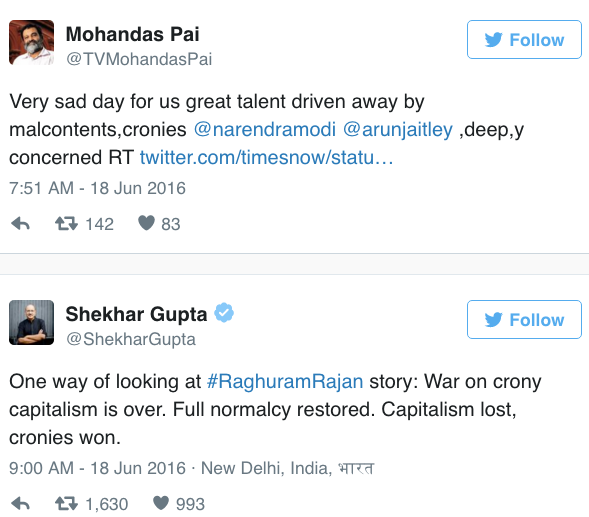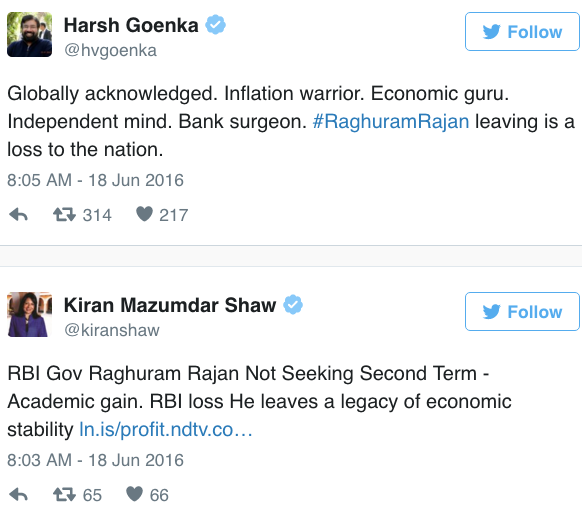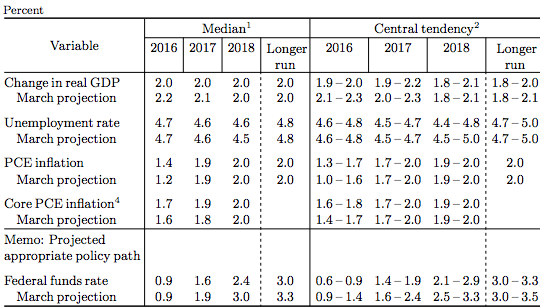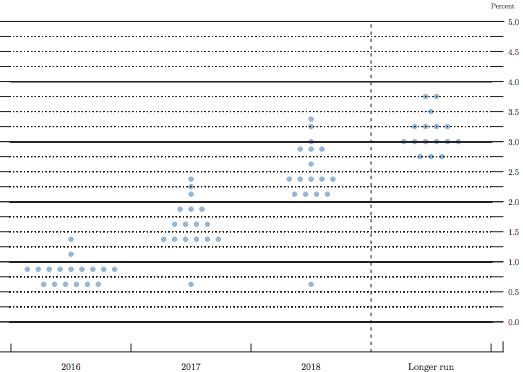The NBA: Swiss watches and Swiss army knives
Some people misinterpreted my recent post on the NBA. It’s actually my favorite league (do people actually watch baseball?); I just think it would be even better without the 3 point shot. I’d like to see less of Klay sprinting to the corner when he has an open lane to the basket on a fast break, and more of Kyrie making impossible layups over bigger defenders.
This year the NBA reached a new pinnacle, with 4 of the all-time greatest teams ever–two in the regular season and 4 in the playoffs. Take The Spurs, which lost to OKC, which lost to the Warriors, which lost to the Cavs. The Spurs were clearly one of the greatest teams in NBA history. A 10.6 point differential (just below the Warriors 10.8) and 67 wins. They actually outscored OKC by 608 to 605 in a 6 game series. Then the Warriors came from behind to outscore OKC 750-743. The final series was tied 3-3, with each team having 699 points with a minute to go. The Cavs scored the last 4 points. Four essentially equal playoff teams. (Although arguably the playoffs were more exciting two years ago, with lots of thrilling games.)
Update: Here is more scientific evidence of the greatness of these 4 teams.
I see the Spurs and Warriors as Swiss watches, which explains their superb regular season records. They outclass their opponents, who are not prepared for what hit them. OKC and the Cavs are Swiss army knives; they have enough athleticism and skill to adjust when you force them out of their comfort zone. OKC was blown out in game one of the Spurs series, and then adjusted their defense to stop the Spurs from playing the way they wanted to play. The Spurs have lost some flexibility through a combination of aging, and elite talent that is one dimensional (Aldridge.) Then OKC almost did the same to the Warriors, and the Cavs succeeded. Just as with OKC against the Spurs, the Cavs were blown out in early games, then figured out how to disrupt the Warriors offense.
Since the Cavs and OKC don’t have well-oiled machines, they have to play harder to win, and that’s tough to do over 82 games in the regular season.
There’s a good argument against my hypothesis. Maybe the real reason that the Warriors lost is that Curry was slowed down by a nagging knee injury. I think that’s possible (he looked slower), but I also recall that the Cavs did roughly the same thing last year, when strong defense gave the Warriors trouble against a team that was barely more than LeBron plus d-leaguers. The Cavs lost, but showed some weaknesses in the Warriors, Curry was also a bit sub-par in that series, despite being healthy. Even so, the Warriors are my pre-season favorite to win it all next year.
PS. I agree with commenter John S that LeBron is now top three of all time, and also agree with his other two choices.
PPS. I suppose I need a “Wild Kingdom” ending to tie this into monetary policy. Just as a flexible team can beat a well-oiled machine, NGDP futures targeting gives monetary policy the ability to adapt to a wider range of shocks than a simple Taylor Rule.





